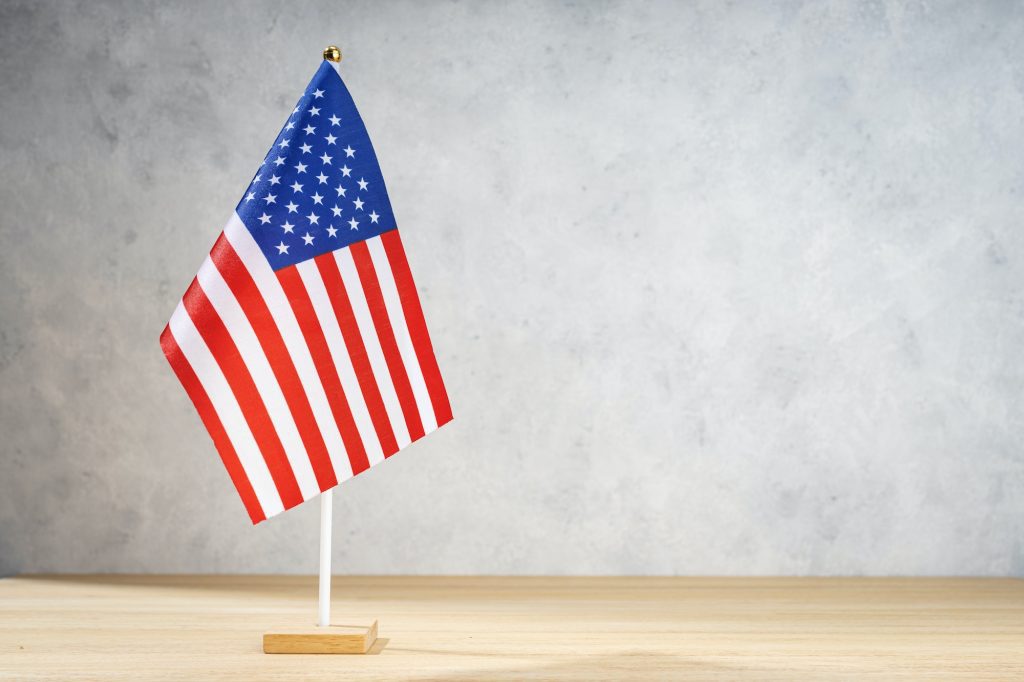US allocates $42 billion for universal broadband access by 2030
The initiative aims to overcome reluctance from broadband companies, who have been hesitant to invest in low-population rural areas.

The White House has announced a funding of $42 billion to be distributed among states and territories to achieve universal high-speed broadband access by 2030. The funding, authorised by the infrastructure law, aims to address gaps in coverage recently identified by the Federal Communications Commission.
The funds range from $27 million to over $3.3 billion, with each state receiving a minimum of $107 million. Texas and California receive the largest amounts, but smaller states like Virginia, Alabama, and Louisiana also receive substantial funding due to a lack of rural connectivity. President Joe Biden highlighted the importance of internet access for a functioning economy, comparing it to essential services like electricity and water.
Broadband companies like Verizon, Comcast, Charter Communications, and AT&T have hesitated to provide access to low-population rural communities due to the high investment costs and limited subscriber potential. States will need to submit initial plans later this year to unlock 20% of the funding, and the remaining funds will be released once the plans are finalized, which may extend until 2025.
This announcement coincides with Biden’s tour showcasing the impact of legislation passed by the Democratic Party-controlled Congress on average Americans. The upcoming 2024 election will likely evaluate Biden’s economic performance, with job creation and low unemployment as positive factors but concerns about inflation and higher interest rates potentially fueling recession fears.
